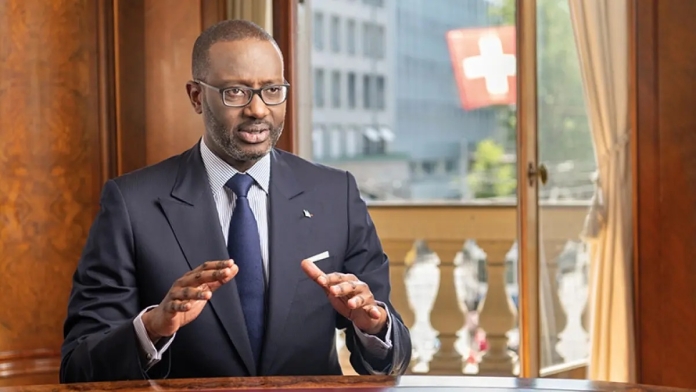Since the announcement of his removal from the electoral roll, PDCI-RDA president Tidjane Thiam has been at the center of heated debate in Côte d’Ivoire. Yet despite the controversy, displays of public support have remained relatively modest. What explains this lack of mobilization? Rinaldo Depagne, Deputy Director for Africa at the International Crisis Group, shared insights on France 24.
According to Depagne, the PDCI-RDA, founded by Félix Houphouët-Boigny, has never been a party known for street demonstrations. It is a traditional, institutionally oriented party, long in power, and its support base is largely made up of social groups unaccustomed to street activism.
There is also a sense of popular fatigue. “Many Ivorians are tired of repeated political crises,” Depagne noted. This exhaustion is coupled with a real fear of violence. During the 2020 presidential election, protests against Alassane Ouattara’s third term resulted in 85 deaths and over 500 injuries—a memory that remains vivid.
Although Tidjane Thiam is well known on the international stage, he is still relatively new to Ivorian politics. A former minister in his youth and former CEO of major global financial institutions, Thiam has lived outside Côte d’Ivoire for several decades. While he claims a strong political legacy—he is the grand-nephew of Félix Houphouët-Boigny—he has yet to fully establish himself in the local political landscape.
A removal with heavy symbolism
Thiam’s exclusion from the electoral roll is based on a strict application of Article 48 of the Nationality Code. According to the article, any Ivorian who acquires another nationality after the age of 18 automatically loses their Ivorian citizenship. Thiam obtained French nationality in 1987, which he formally renounced in March 2024 to run for president, a position that requires exclusive Ivorian nationality.
But the decision has raised serious concerns. The fact that it affects a direct relative of the nation’s founding father—someone born in Côte d’Ivoire—has sparked national unease. The issue of nationality, which has long fueled political tensions in the country, has suddenly returned to the forefront.
Thiam’s case is reminiscent of Alassane Ouattara’s own political struggles in the 1990s, when he was barred from running for office due to doubts over his nationality. The current situation raises fears of history repeating itself.
Moreover, several key opposition figures have already been sidelined from the political process: Laurent Gbagbo, Charles Blé Goudé, and Guillaume Soro. This comes amid tensions within the Independent Electoral Commission, whose opposition members recently walked out. According to Depagne, these are troubling signs in a country where xenophobic rhetoric is also on the rise, despite its historically cosmopolitan society.
A tense political climate
Côte d’Ivoire is entering a delicate electoral period. With exclusions, institutional tensions, and identity-based divisions, the political climate is heating up. Tidjane Thiam’s removal is not merely a legal issue—it reveals deep societal fractures that could heavily influence the course of the upcoming electoral process.


